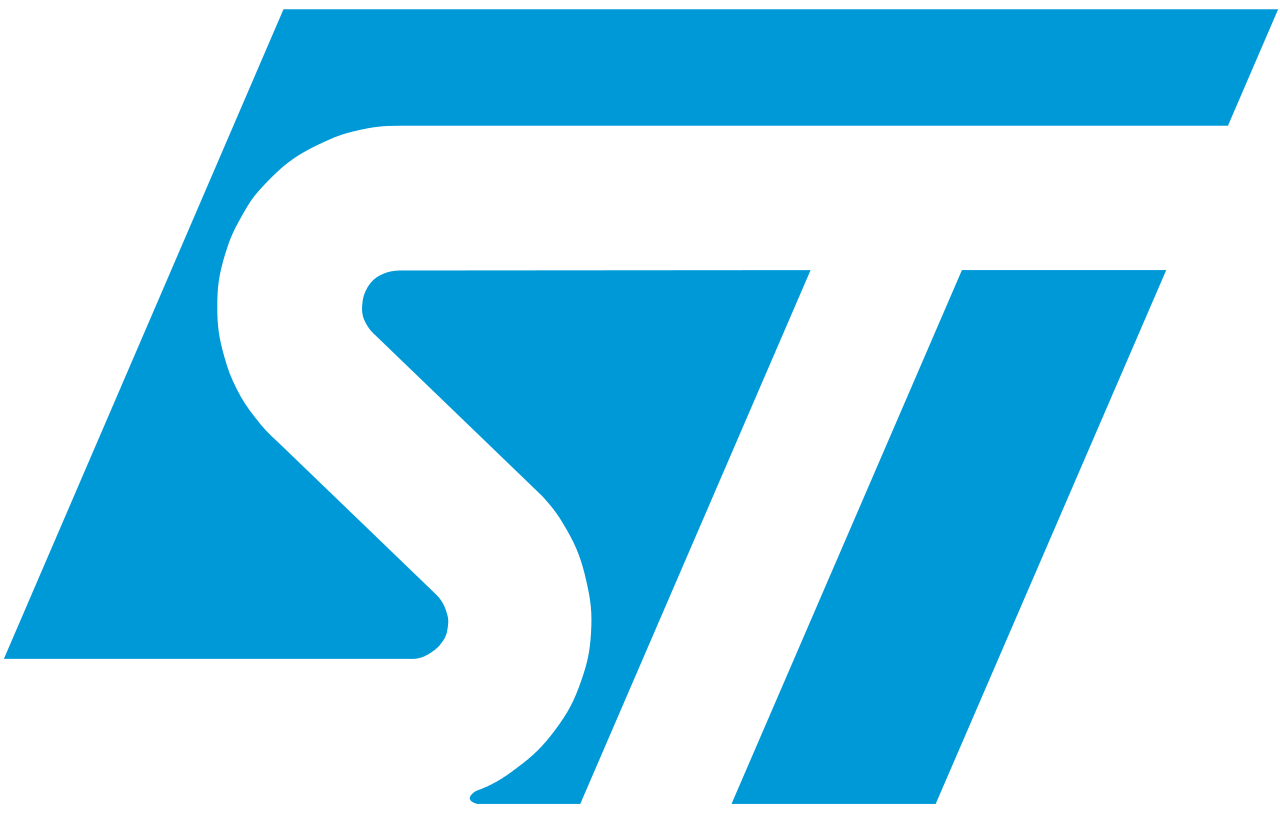
Know what you need to do before, during and after your first conversation with a recruiter
Face the first job interview it is a very scary idea for those who need to enter the job market. Insecurity, fear and anxiety can mix at this time.
To help you in this moment, we have prepared a video on the VAGAS.com YouTube channel, with important tips for making a good job interview:
We also asked for some ideas from Fernanda Thees, managing partner of Loite, a company that guides young people for careers and selection processes. Check out her suggestions and learn what you should do before, during and after the job interview.
How to do well in the first job interview?
To do well in the first job interview you need to prepare in advance looking for information about the company you want to work in, about the market in which it operates.
It is also important to prepare to answer some common job interview questions. It is important to get there already knowing what you are going to say if the interviewer “Why should I hire you?”, for example.
Choosing suitable clothing and taking care not to be late also help to make a good impression.
What if it’s an online interview?
The online interview usually follows the same format as the face-to-face interview. The big difference is that, for everything to go well, you need to check if the internet connection is ok, if the device you are going to use has a battery. It is also important to choose the quietest place possible. One tip is to keep your back to a white wall. With this, you guarantee a “background” without images (bed, kitchen sink, for example) and you can still be calm because nobody will pass by and appear in the middle of the conversation. To learn more, check out our post 5 tips for doing well in a video interview
What are the most frequently asked questions in a job interview?
Some questions are very common in job interviews. This means that even in your first interview you are likely to have to answer some of them.
So that you can start thinking about the answers, here are some of the most common ones:
- Can you talk a little about yourself?
- What do you know about the company?
- Why should I hire you?
- Where do you see yourself in five years?
- Do you have any questions?
To learn more, check out 25 job interview questions and their best answers.
How to prepare for your first job interview
Now it’s time for you to follow this script to know exactly how to get prepared for your first interview, whether face-to-face, by phone or video conference. Check below what you should do before, during and after the conversation with the recruiter to show your full potential and win the job. Come on?
Before first job interview
1. Train your speech and behavior
It is very common for those looking for their first job to apply for any and all jobs that appear ahead.
According to the expert, the strategy is not bad. “The selection process is like proof, the more you do, the better you get”, Says Fernanda.
That is, you can – and should – apply. Provided that when you are called for an interview, do not waste the chance to positively impress your potential employer.
Another valuable tip is to assess how you are doing, what tone of voice you are using, etc. How do you do that? Recording your responses or – if you’re not too shy for that – until filming a simulation to see how you would be seen by the other person.
A valid alternative is to train with a colleague and exchange views with him. If you are someone who has gone through some selection processes, then even better.
2. Study the vacancy, the company and the interviewer
To make a good impression at the time of the interview, it is essential that you know very well who is the contracting company and what is the vacancy at stake (as long as this data is not confidential, of course).
It is important to seek information about the company, to know what it does, where it operates, whether it is a national or multinational company, where its headquarters are etc.
If you know the name of the interviewer, also research what you can about him. It is interesting to know, for example, if it is from a third-party recruitment company or if it is from the contracting company itself. Whether it’s someone from HR or your potential boss.
All of this helps to direct your responses and set the right tone for the conversation.
3. Know how to tell your story
It is very likely that at some point in the interview the interviewer will ask you to talk about yourself.
Although this request can come in many forms besides the direct one “tell me about you”, The best strategy is to prepare the answer in advance.
“The interviewer can ask you to make an analogy between you and a product or choose a photo of someone and say what you have in common with that person”, explains Fernanda.
The tip, even if you don’t know exactly how this question is going to be asked, is to leave a presentation prepared, for a maximum of two or three minutes.
The idea is not to repeat your resume, which the recruiter has already read and liked and, therefore, asked you to talk.
“The advice is to tell a story, what happened most important in your life, what led you to make the decisions you made,” she explains.
For example:
“I am from Sorocaba, from a family of three brothers, and I came to São Paulo to study. My father was an engineer and I always wanted to be like him, so I chose the course and came to live alone. In college, I didn’t like the first year so much, I thought about quitting, but I started to get very interested in the junior company and that kept me going. Thankfully, because it was the best decision I made …“
Remember: people remember stories, not facts. That is, at the end of the day, after interviewing dozens of candidates, the recruiter will remember those who told stories and not those who reported facts in chronological order.
4. Select situations that demonstrate your skills
Before going to the interview, it is important to refresh your memory with examples of situations that demonstrate that you have certain skills.
This is because skills interview or behavioral interview is quite common in most selection processes.
If the interviewer asks you to tell about a situation in which you had a conflict with a colleague, where you had to work under pressure or had to deal with mistakes, you may know that he is conducting such a conversation.
The tip, then, is to keep four to six remarkable situations fresh in your life.
It is difficult to predict what the interviewer will ask, but this exercise helps you quickly find the best examples during the conversation.
“The idea is, before the interview, to relive these situations, to think about what happened, how you acted, what you did for the situation to unfold and what kind of Skills you developed there ”, warns Fernanda. The idea is to give examples of situations in which you have an active participation.
During the first job interview
5. Take a deep breath (literally)
At the time of the interview, it is necessary to maintain balance so as not to be too agitated or apathetic to the extreme.
A very simple tip to keep your balance is to take a deep breath – literally. “Taking a deep breath helps to reestablish the functioning of the cerebral hippocampus, responsible for memory”, warns the specialist.
6. Keep your attention in the present moment
Pay attention to what is happening. Even if you are not sure if you answered the previous question well, listen to what the interviewer is asking at that particular moment.
7. Take care of body language
Greet the interviewer with a firm handshake. During the interview, maintain eye contact, note your tone of voice. “It is very common for people, when they are nervous, not to change the tone of
8. If you don’t understand, ask
If you understand what the interviewer asked, ask him to repeat it. It is better to interrupt and say that he did not understand than to answer anything he does not need to hear.
9. Stop to think, if need be
If you don’t have the answer on the tip of your tongue, that’s fine too. You can take a few seconds to think and formulate your answer.
10. Ask the interviewer any questions
At the end of the conversation, it’s always interesting have something to ask. “It is not mandatory, but it goes very well,” says Fernanda.
You can ask about the vacancy or the company – just be careful not to ask a question so basic that it can be answered with a simple Google search.
“Asking shows that you are proactive, interested and curious about the vacancy,” says the expert.
A warning: It is NOT time to ask about salary.
After first job interview
11. Send a thank you email
Send an email thanking the conversation, short and direct, goes very well after the interview.
12. Seek feedback if needed
At the end of the interview, it is common for the recruiter to say how long you should wait to get feedback. If this period is of and is a vacancy that you are interested and really want – the 20th and it is already 25 or 2 or 30 days, for example, and after 40 days you do not receive anything, you can call to find out if the process is moving forward.
“Many companies will say that he is late,” says Fernanda. “Others will only say that you were not selected.” THE lack of returnunfortunately, it occurs in many selection processes. If this ever happens to you, know that it was not your mistake. Ball forward, remember that the more you train, the better you will do. Good luck ”?
Register your CV at VAGAS.com.br and enjoy countless job opportunities. If you already have a registration, update it on here.
[custom-twitter-feeds feed=2]



